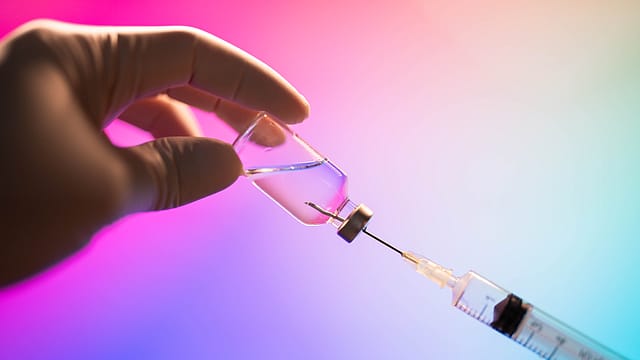Serum to launch India's first indigenous cervical cancer vaccine
ADVERTISEMENT

Serum Institute of India (SII) will launch the country's first indigenously developed quadrivalent human papilloma virus (HPV) vaccine that prevents cervical cancer by the end of the year. While the initial rollout will be for supplies to the government vaccination programme, commercial open sales may begin early 2023, Adar C. Poonawalla, chief executive officer, SII says. The vaccine is the result of a decade-long public private partnership between SII and the Department of Biotechnology (DBT).
The successful development of the vaccine and an approval for commercial production from the Drugs Controller General of India (DCGI) was announced by Jitendra Singh, Union Science & Technology minister, at a function in Delhi on September 1. Singh says that Prime Minister Narendra Modi's Ayushman Bharat push has provided India the means and ways to carry out preventive health care programmes in a massive way. Covid-19 pandemic has helped India become more sensitive towards preventive healthcare and vaccination, he adds. Singh, who is also in charge of the Department of Atomic Energy (DAE), says in addition to the health ministry's efforts, DAE, through TATA Memorial Centre, is also setting up cancer research centres and training facilities for oncology experts from other parts of the country.
Meanwhile, Poonawalla says that the vaccine will be the most affordable cervical cancer vaccine and will be offered in a price range of ₹200–₹400 per dose. The price will be finalised after discussions with the government, he added.
According to Poonawalla, the company is looking for a gradual scale up of production and may have an annual production capacity of 200 million doses in two years of commercial production. "India may require around 180 million doses a year, the rest will be exported," Poonawalla says.
According to DBT's Biotechnology Industry Research Assistance Council (BIRAC), cervical cancer is the fourth common cancer among women worldwide, with an estimated 604,127 new cases and 341,831 deaths (in 2020). India has a population of 483.5 million women aged 15 years and older who are at the risk of developing cervical cancer, the second most frequent cancer among Indian women, BIRAC points out.
Around 150 countries and territories have already included HPV vaccine in their national routine vaccination schedule. Additionally 29 countries are projected to have HPV vaccine included in their national vaccination programmes by end of 2023, BIRAC says.